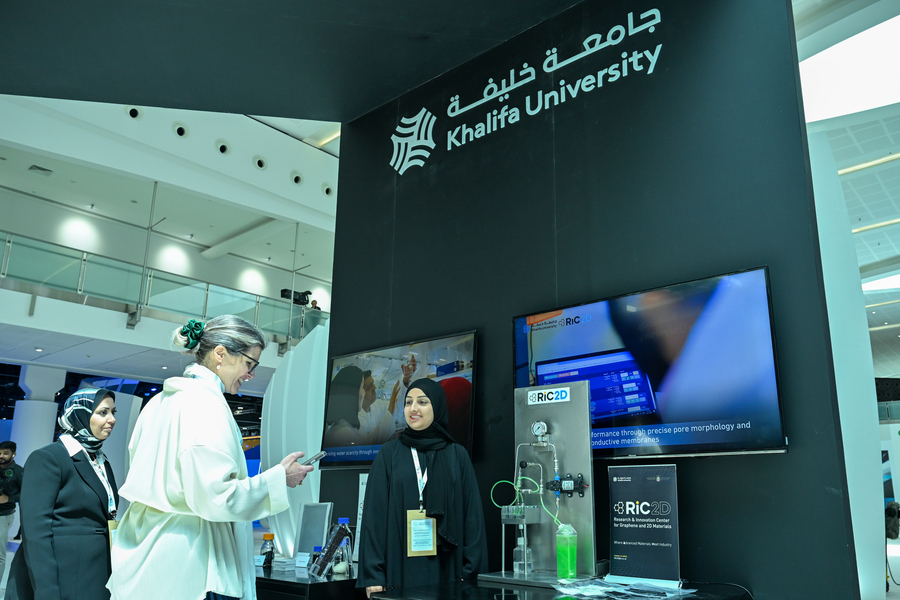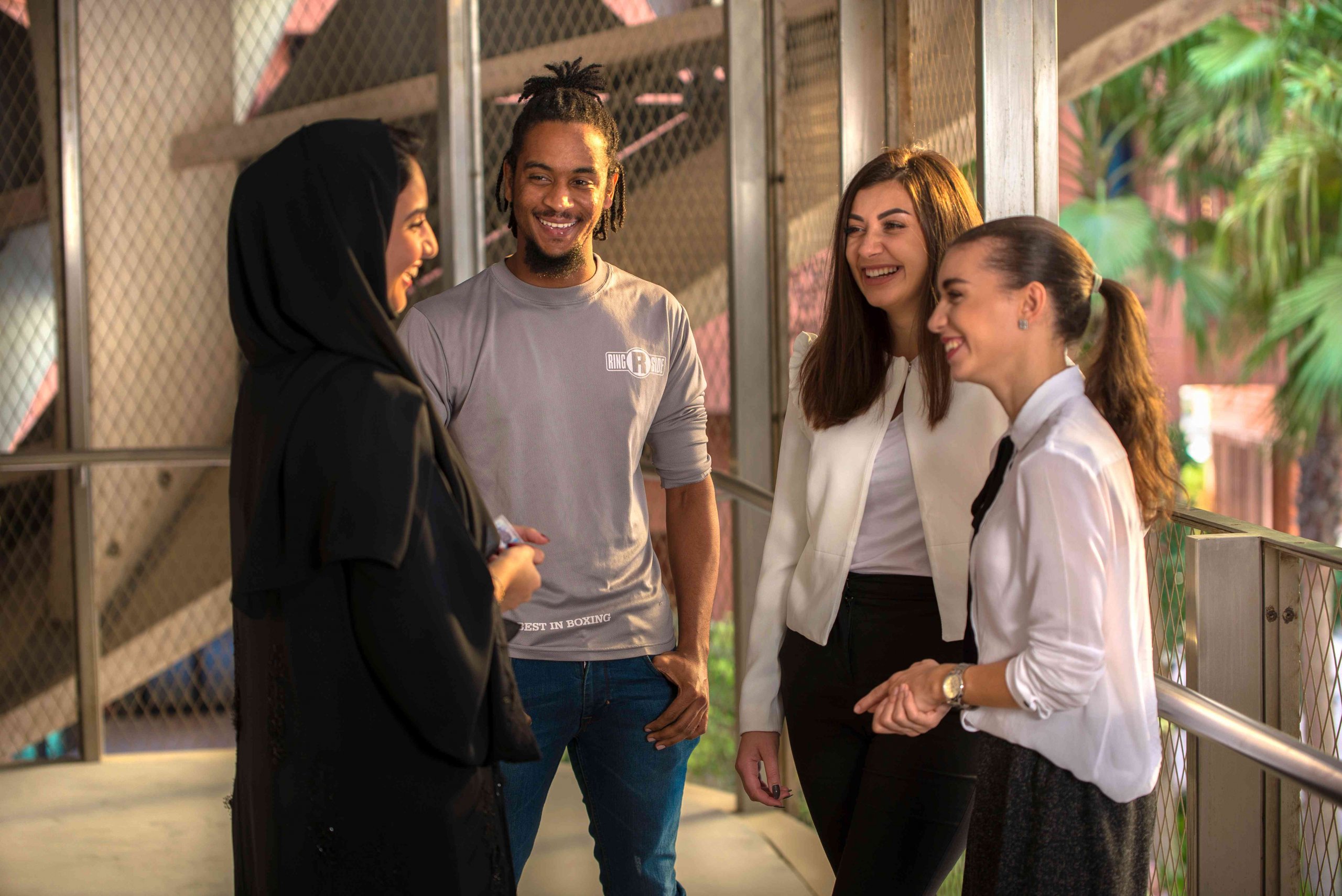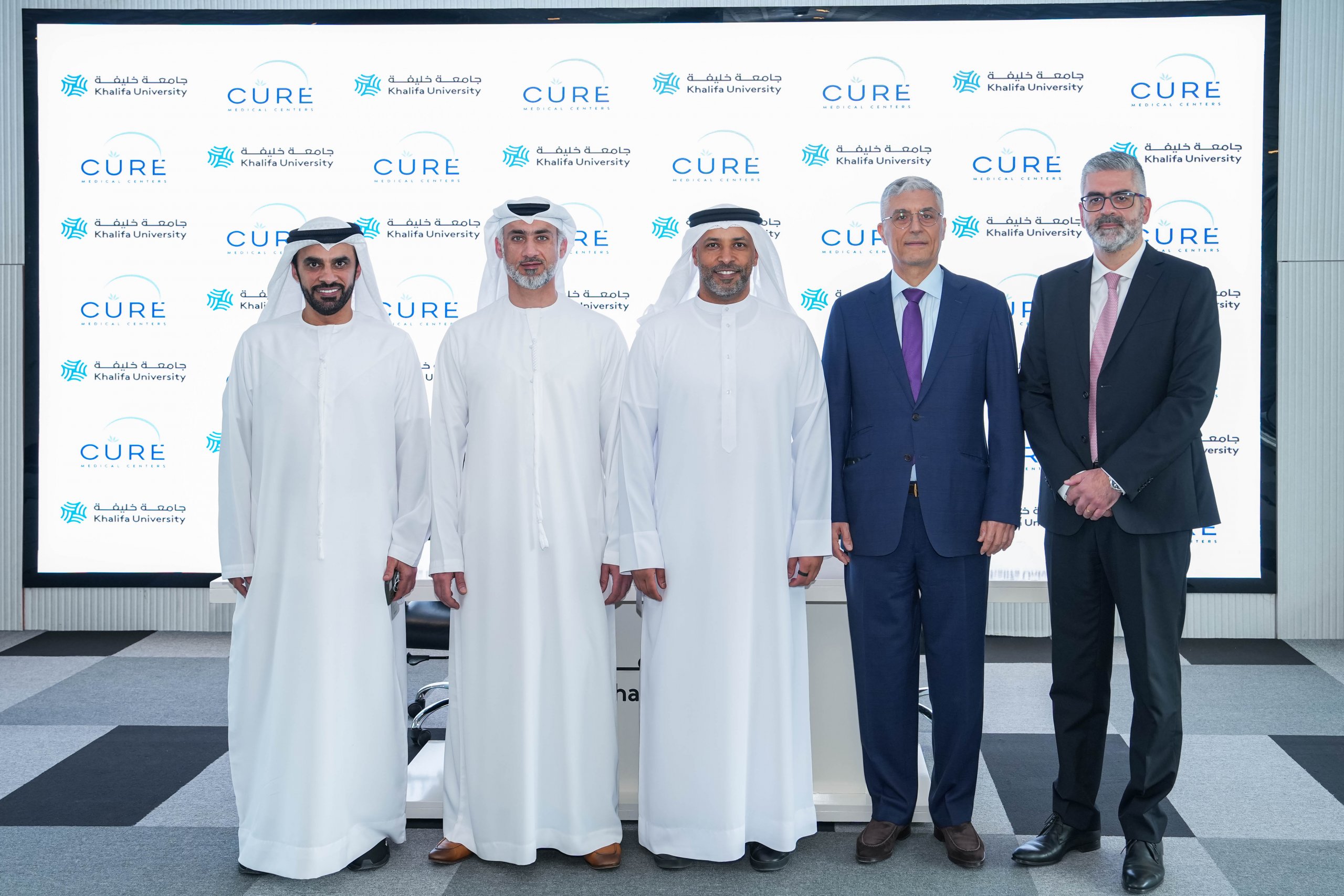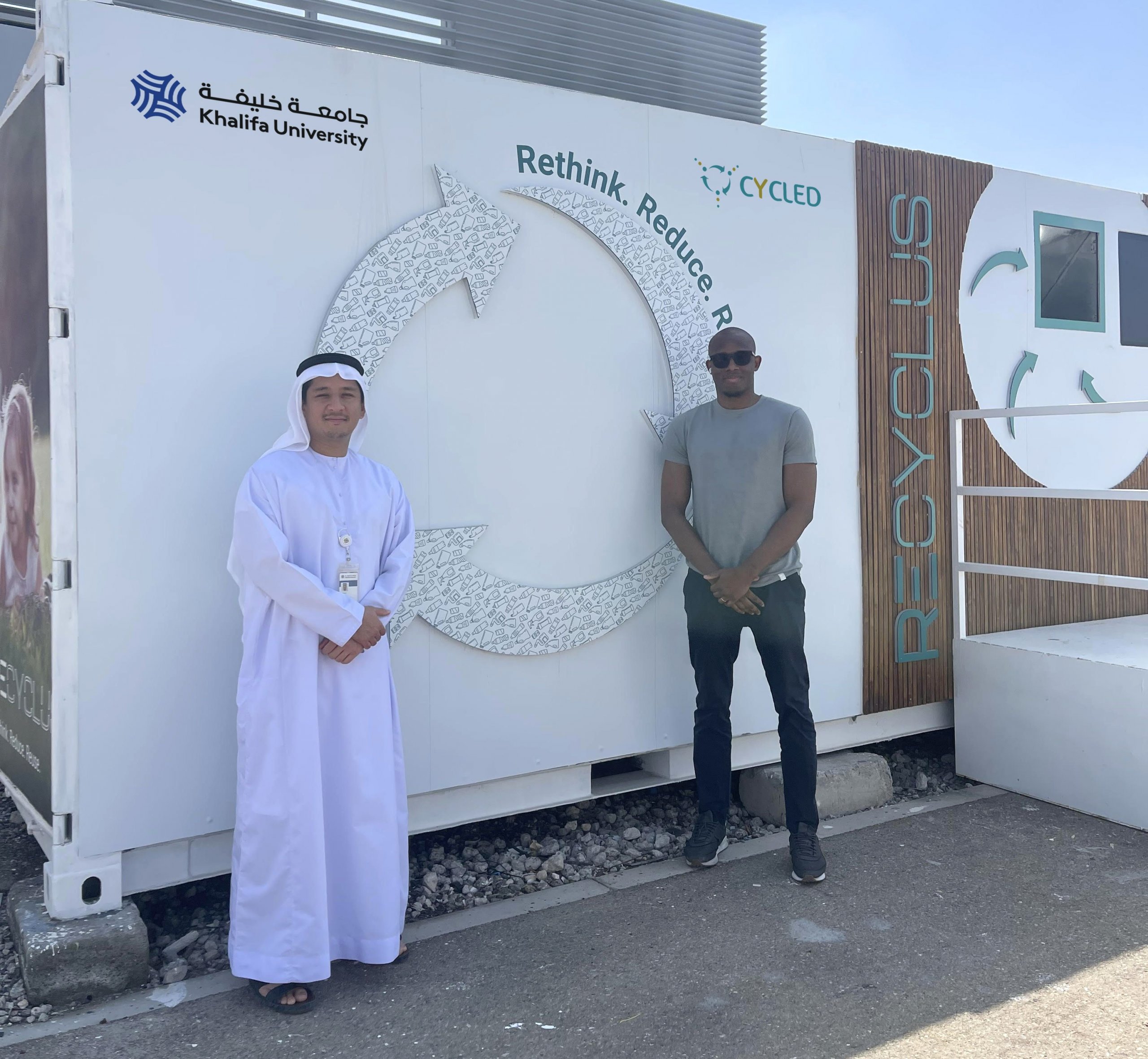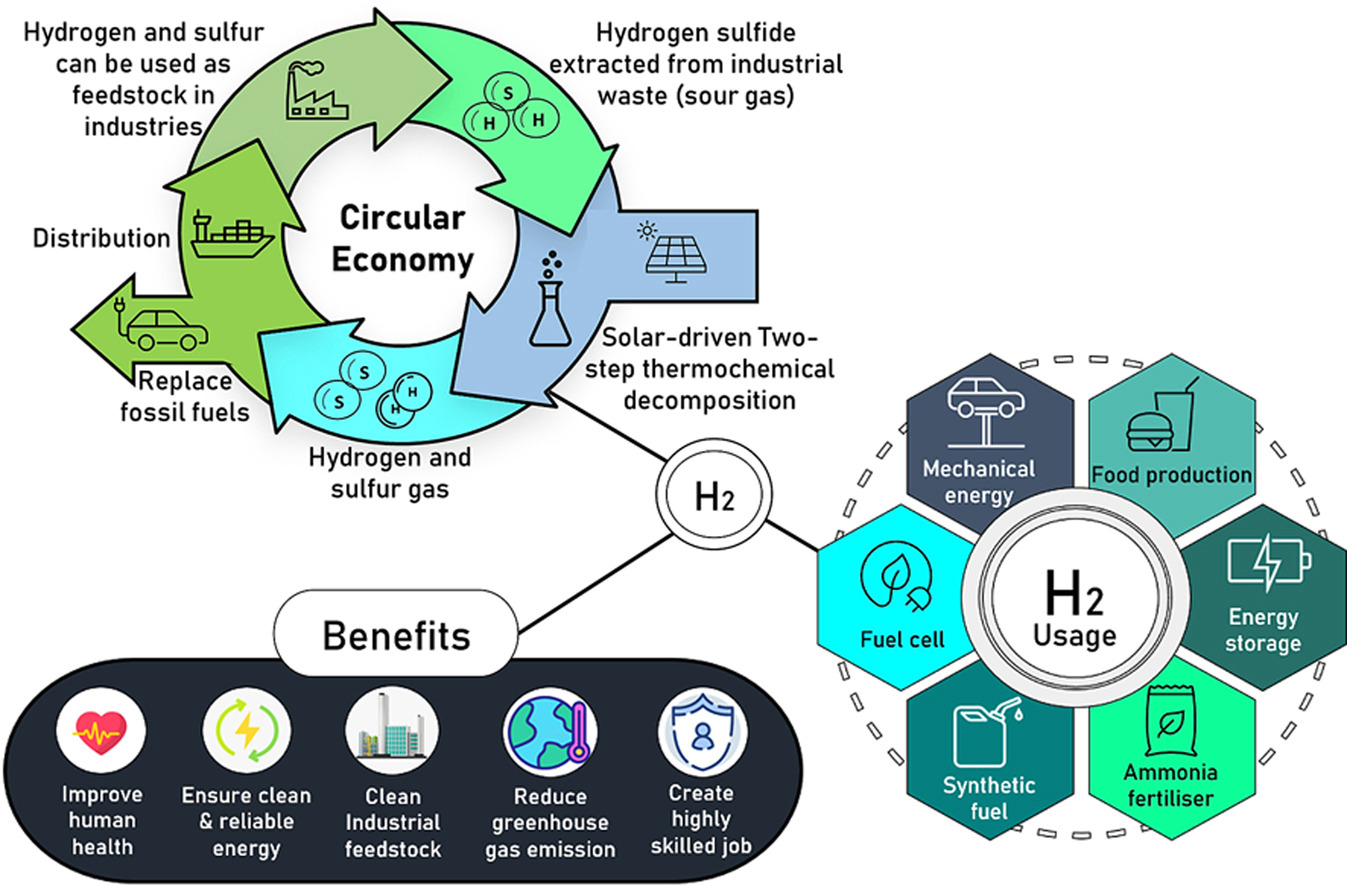Saudi National Samar Alqatari Says Masdar Institute Provides Stimulating Environment for Research and Innovation
Abu Dhabi-UAE: 5 August, 2012 – Masdar Institute of Science and Technology, an independent, research-driven graduate-level university focused on advanced energy and sustainable technologies, today announced a student from Stanford University in the US conducted advanced research in solar technology under a six-week internship program.
A Saudi national, Samar Alqatari is an Engineering Physics student with a focus on Renewable Energy at Stanford. As a research assistant, Alqatari has spent the summer in the Nano Electronics and Photonics Lab (NEP) of Dr Ammar Nayfeh and at the lab of Dr Matteo Chiesa. She has been conducting nanomaterial research on Zinc Oxide (ZnO) using the Atomic Force Microscopy (AFM). Dr. Nayfeh is the Assistant Professor, Microsystems Engineering, while Dr Chiesa, is the Associate Professor – Mechanical Engineering/Materials Science and Engineering, at Masdar Institute.
Samar’s research focuses on the characterization of ZnO using AFM which has the ability to analyze the surface and electric (as well as other) properties of nanomaterials, to look at the topography and conductivity properties of a ZnO thin film coating on a Silicon wafer. The results have many applications in electric devices, flexible electronics, and most importantly solar cells. The technique could benefit the researchers to study materials and deduce their properties, and industries can benefit from the application of the ZnO thin film to improve their products.
Alqatari got the opportunity to work as a research assistant in summer at Masdar Institute when she interacted with Dr. Ammar Nayfeh during his visit to Stanford University recently.
Dr. Nayef said: “The Nano Electronics and Photonics Lab at Masdar Institute is the perfect location for promising students such as Samar Alqatari to conduct advanced research. Her research has already produced significant results, which we hope will benefit the academia and the solar energy industry. Samar has the passion and the potential to make a change and her presence at Masdar Institute bears testimony to the Abu Dhabi-based institution’s appeal to students from across the region as a place that encourages innovation.”
Samar Alqatari received her scholarship from King Abdullah University of Science and Technology (KAUST) in Saudi Arabia to study at Stanford University.
Alqatari said: “The research I conducted at Masdar Institute has many applications in renewable energy, specifically solar power. I have also learned a lot of physics that I typically wouldn’t learn otherwise until my junior or senior years in college. In fact, my research with the materials science group here at Masdar Institute has made me shift my Master’s degree major to Materials Science, quite different from my initial plans.”
Since reading about Masdar Institute in a Newsweek article when she was in her high school, Samar found the idea of a completely sustainable, self-sufficient city in the Gulf absolutely intriguing. That was the when she decided to visit and be affiliated with Masdar Institute.
Alqatari added: “My experience has been amazing. I met a diverse, awesome group of people, and the materials science group I have been working with is incredible. The lab environment is very relaxed but at the same time our work on cutting-edge projects remains productive. The professors and colleagues come up with innovative research ideas and publish papers. I have enjoyed being part of this stimulating environment and learned a lot, from operating advanced lab equipment to solid state physics. Masdar Institute also helped me decide on pursuing a career in academia with a focus on solar energy.”
Established as an on-going collaboration with the Massachusetts Institute of Technology (MIT), Masdar Institute integrates theory and practice to incubate a culture of innovation and entrepreneurship, working to develop the critical thinkers and leaders of tomorrow. With its world-class faculty and top-tier students, the Institute is committed to finding solutions to the challenges of clean energy and climate change through education and research.


